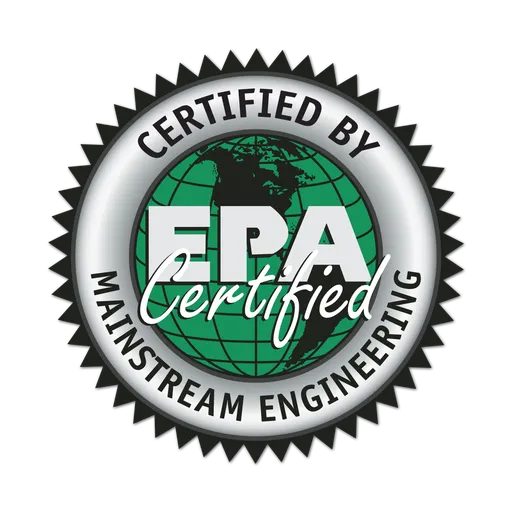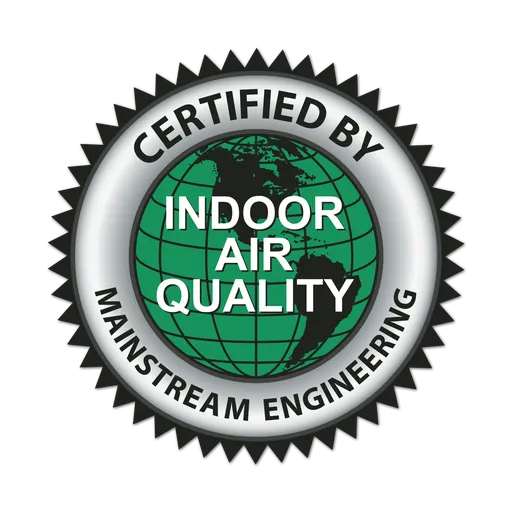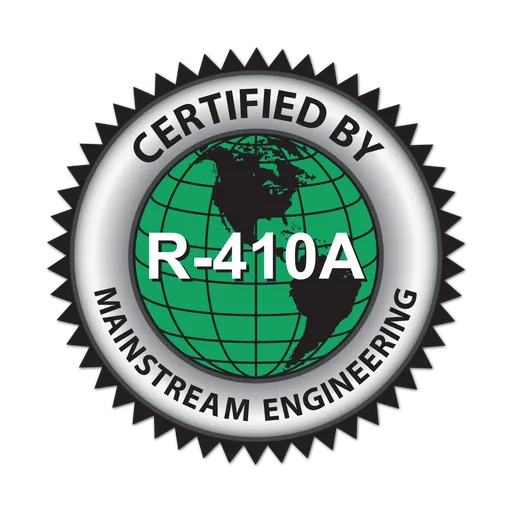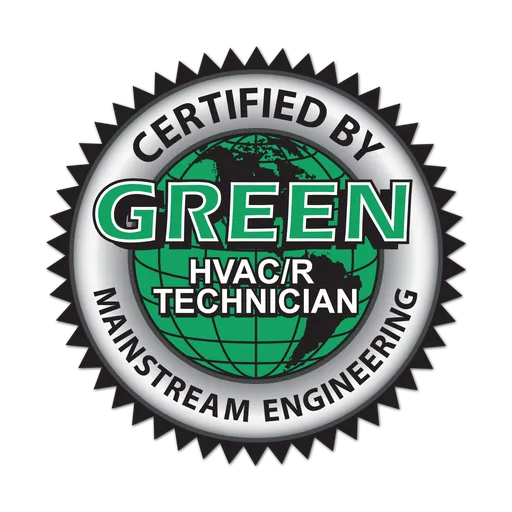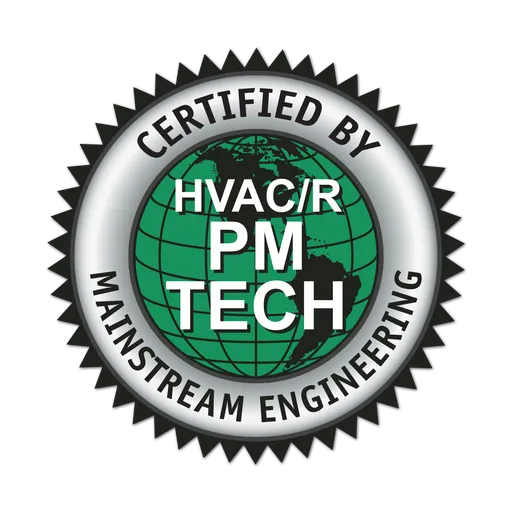When it comes time to replace or repair your HVAC unit, you want to hire someone who is licensed and specialized to work on the unit that you have inside of your home. The contractor should be trained, insured and possess the proper certifications to comply with all of the proper procedures as outlined by the state. Follow the steps below to determine the best person to come out and do the job for you.
Ask family, friends and neighbors for referrals on who is the best hvac contractor to come out and do the job properly. When speaking with others for a referral, ask them what required them to seek the services of a professional contractor to begin with.
Determine if the contractor has the appropriate certifications and licenses as outlined by the state or region in which you live. You can find out the proper licenses by contacting the government offices where you reside.
Choose a contractor that is insured to make sure your home is financially protected from potential damages. The last thing you want is to spend more money on repairs than what you need to in the first place.
Check to see whether the contractor has a decent rating and minimal amount of complaints with the organizations in your area. Checking with the BBB will provide you with a world of information about what type of reputation the company has.
Ask for references from previous clients that the contractor has worked for to gain personal feedback from a variety of different people. You can always look online for information about the company and customer feedback.
Choose a contractor who is willing to come out and inspect the unit before providing an estimate or making a repair appointment. The contractor should take the time to look for leaks, measure the flow of air and inspect the insulation to make sure everything is up to par and adhering to the guidelines as set out by the manufacturer.
Verify that the contractor is willing to provide you with all of the details of the service in writing or on a contract. Some of the important details to get in writing are dates for the completion of the job, labor and equipment costs, payment due dates, future fees and current fees.




